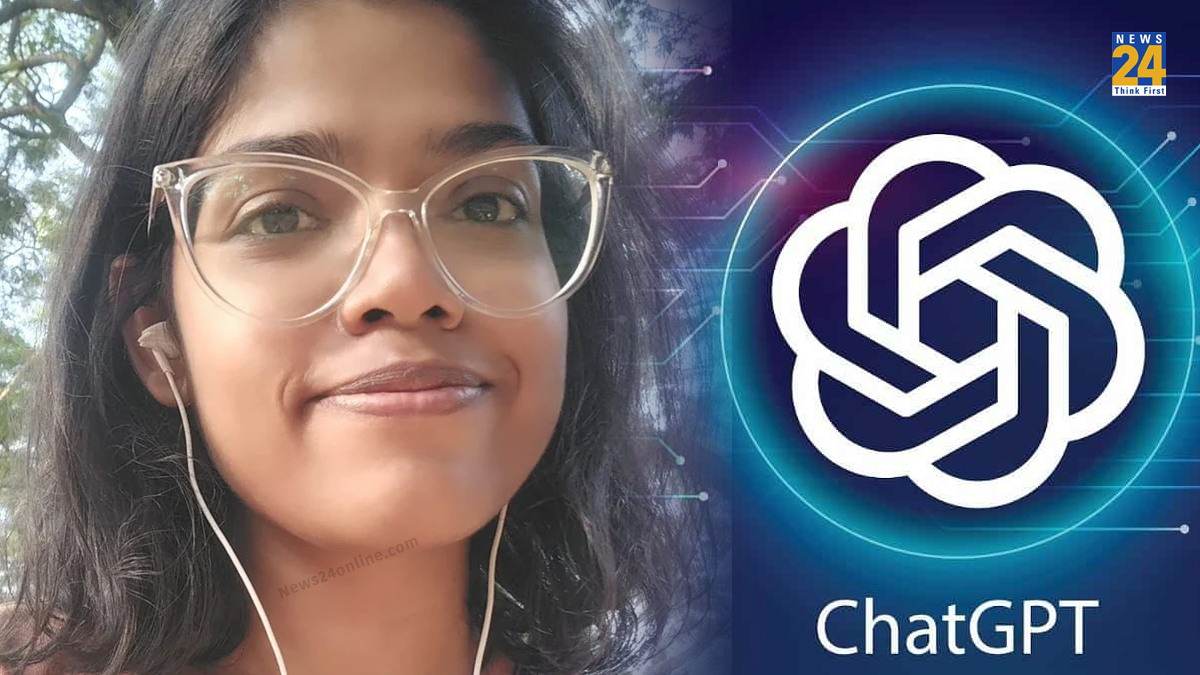Kolkata: Sharanya Bhattacharya, a 22-year-old student from Kolkata, recently shared her life-changing experience with the launch of the artificial intelligence (AI) chatbot, ChatGPT.
Previously, she worked as a ghostwriter and copywriter for a creative solutions agency, earning a modest income of around $240 per month by crafting SEO-optimized articles. However, her life took an unexpected turn when ChatGPT entered the scene in November of the previous year.
As 2022 came to a close, Sharanya noticed a gradual reduction in her workload, and she found herself writing only one or two articles per month.
To her surprise, her company did not provide any explanation for the lack of work. Sharanya suspects that the firms she used to write for began relying more on AI, specifically ChatGPT, to generate content, effectively replacing her services and reducing her workload.
Read more: Watch video: Long queue emerge in Ghaziabad’s high-rise to buy cheap tomatoes
The consequences of this shift have been dire for Sharanya. Her income plummeted by a staggering 90%, leaving her struggling to make ends meet.
Previously, her earnings had supported both herself and her 45-year-old mother, who sells sarees.
However, with the sharp drop in income, the family had to make drastic changes to their lifestyle and “cut back” on various living expenses.
The financial strain has taken an emotional toll on Sharanya and her family, forcing them to prioritize necessities like food and bills, while other activities they used to enjoy became a luxury they could only afford sporadically.
The uncertainty of her future now looms large in Sharanya’s mind. With her livelihood heavily reliant on writing work, the reduction in assignments has left her facing potential unemployment.
Read more: Watch Video: Indian youth’s ‘Pehla Nasha’ mesmerises London’s street, crowd goes crazy
She expressed feeling anxious, lost, and experiencing panic attacks over the past couple of months. The sudden and dramatic change in her income and career trajectory has been extremely challenging for the young student.
Despite the hardships she is facing, Sharanya remains hopeful for a better future. She believes that there should be a way for humans to incorporate AI with their copyrighting skills to work together and achieve overall better results.
She advocates for a collaborative approach that considers the impact of mass job cuts on skilled copywriters and hopes for a world where AI and human creativity can coexist harmoniously, ensuring a balance between automation and human involvement in content creation.













